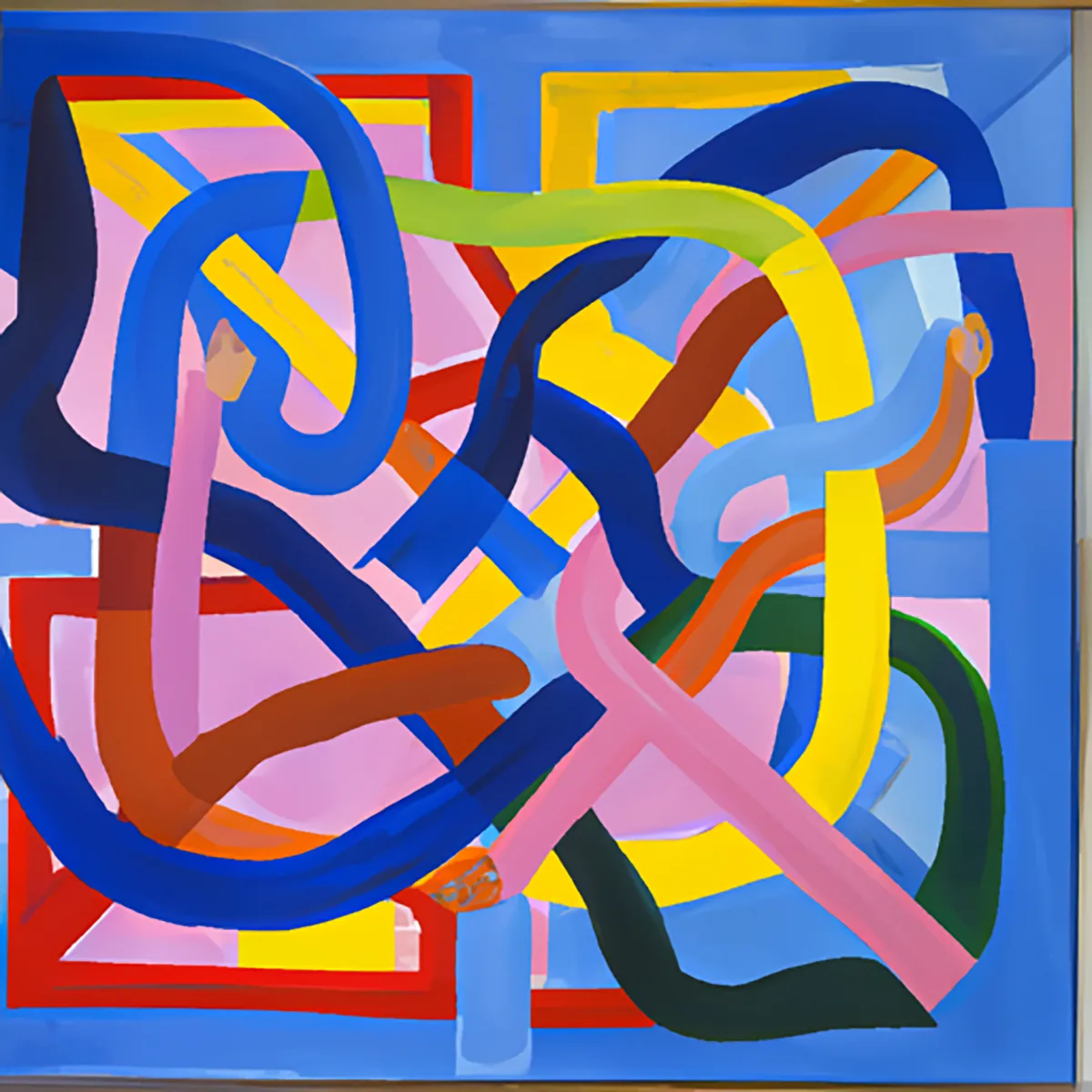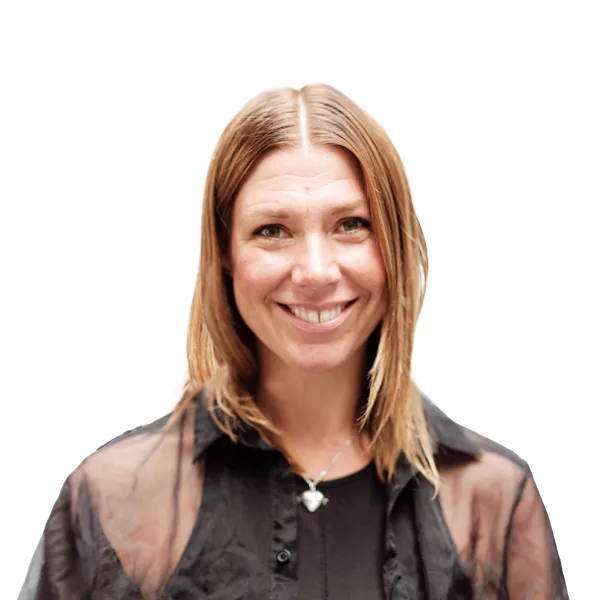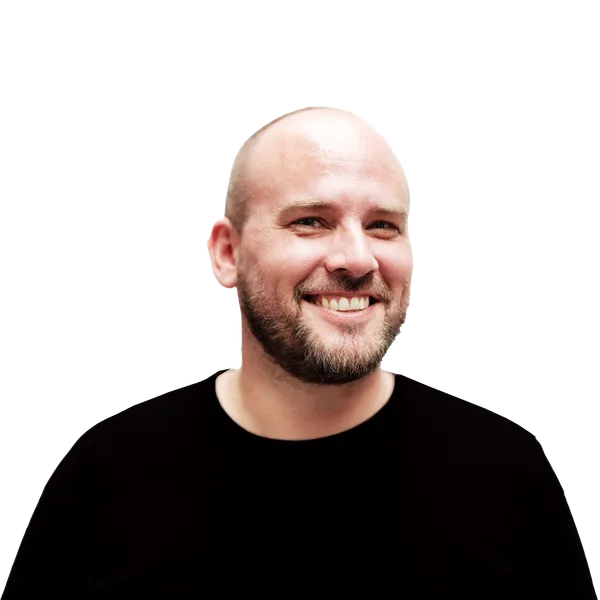Collaboration
Crocodile River
A group is tasked with physically supporting each other to move from one end of a space to another in a team-building activity. This requires creative and strategic collaboration to solve a practical, physical challenge. The activity highlights the importance of group communication, cooperation, leadership, membership, patience, and problem-solving.

Workshop steps
Location Choose an outdoor area (ideally grassy) that is around 15-25 meters long, depending on the number of participants (allocate 1-1.5 meters per person – 1 meter for more than 15 people, and 1.5 meters for less than 15 people), and 6-8 meters wide. Supplies - One wooden plank per participant (approximately 20x10cm and 2-3 cm thick – these will be the "magic stones") - Two ropes, each 6-8 meters long (to represent the riverbanks) - A roll of tape, tennis ball, or similar-sized object (to serve as an "oxygen mask") Set up the activity by laying out the ropes to mark the riverbanks. Stack the wooden planks on one side of the river. There should be one less plank than the number of participants. For groups of 20 or more, split into two teams, with each team starting on opposite riverbanks and crossing in opposite directions.
Gather everyone at the location with the planks. Inform them not to touch the planks yet. Let them know a challenge is coming up and they need to pay attention to the instructions.
Follow these simple steps for the challenge: 1. Gather your team and prepare to use your problem-solving and collaboration skills. 2. Imagine you're in a jungle, escaping a forest fire, and you've reached a wide river with aggressive crocodiles. 3. Find the magic stones on the riverbank, which will help you cross the river. Remember, they only float if there's constant body contact. 4. Be careful not to touch the water with your hands or feet, or the crocodiles will bite them off. 5. Demonstrate how the stones work by placing one in the water, touching it with your fingers and foot, and then removing your fingers to show it sinks without contact. 6. If someone falls in the water, they're "eaten" and the challenge ends (you can retry if it happens early on). 7. Successfully complete the task by getting everyone across the river alive. 8. Ask any questions before starting, but don't expect answers on how to solve the challenge. 9. Once the challenge begins, facilitators will act as "sharks," watching closely and removing stones or limbs as needed. Good luck, and remember to work together!
The team must create a strategy and start crossing the river. Different teams may use various methods, from highly organized to very chaotic. If the team seems to be completing the task easily, introduce the "oxygen mask" challenge. Inform the team that a large fire is approaching, causing an oxygen shortage. All members, both in the water and on the shore, must breathe through the "oxygen mask" (a roll of tape) every minute. They need to continuously pass the mask, ensuring everyone gets a turn. This encourages the team to involve everyone and work together on the water. Additionally, it can be used to increase the stress level within the group.
Allow the group to proceed until all members successfully reach the opposite side. If any member falls into the water, the group must restart from the beginning.
After completing the challenge, discuss the group's performance by considering the following questions: - Can you describe the events during the task? - How effectively did we collaborate as a group? - What emotions did the experience evoke in me? - How did I act, respond, or react during the process? - What self-discoveries did I make? - What insights did I gain about group dynamics? - How can I utilize the lessons learned from this activity?
Need help with this workshop?

